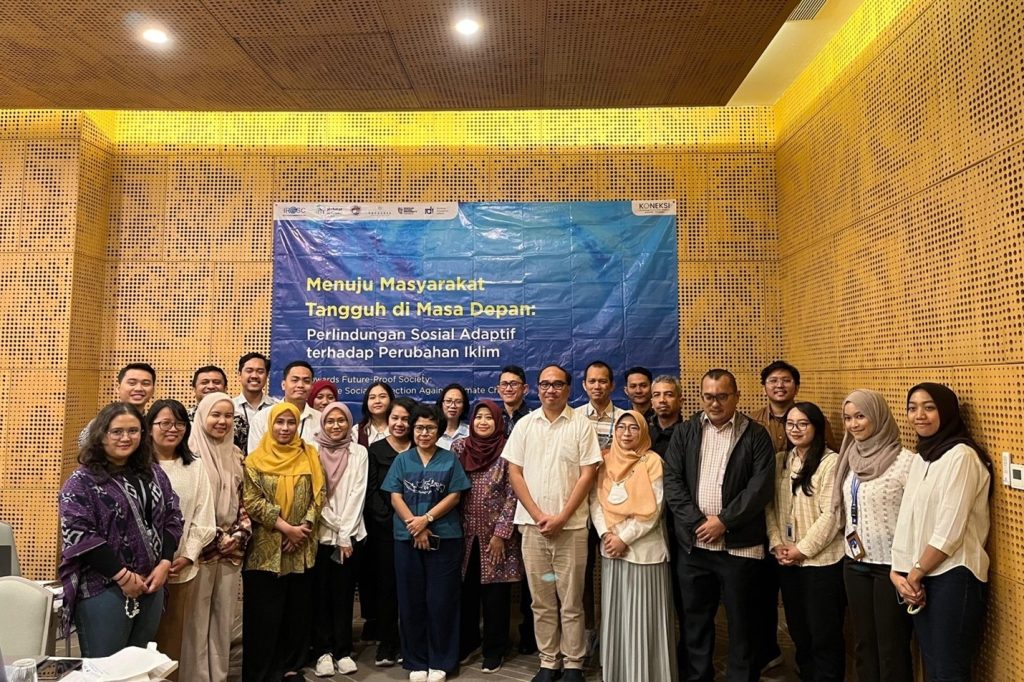The latest report of the World Bank is projecting a handful of rich people in Indonesia do a good wealth accumulation of financial and physical assets through corrupt practices. It contributes to the widening inequality in the country.
Therefore, the Indonesian Anti-Corruption Society (MAKI) urges the Corruption Eradication Commission (KPK) to prioritize allegations of corruption involving monopolistic business and conducted through conspiracy with the authorities. The organization explains it is time for the Commission deal with its cases involving large-scale crime.
The report entitled Indonesia’s Rising Divide published in this month reveals a number of minor citizens of Indonesia benefit from the financial and physical assets through corrupt means, which in turn led to higher inequality. The increasing concentration of wealth in some people, according to the report, also pushed higher inequality.
The World Bank says that 10% of the richest people in Indonesia are estimated to have 77% of the wealth in this country while 1% of the richest people in the country have half of all the wealth in Indonesia.
On the other hand, Indonesia is at position 107 out of 175 countries surveyed by the Corruption Perception Index by Transparency International (TI), with the score reaching up to 34 with the score range of 0 as extremely corrupt to 100 as very clean. It shows that some wealth accumulation occurs due to corruption.
“For some, financial and physical assets obtained through personal connections and corrupt practices,” according to the World Bank report cited Sunday (27/12).
The World Bank suggests the need for a political economic analysis associated with the underlying causes related to corruption to address questions regarding which political, economic and legal aspects enable to give incentives to practices such crime. It states that wealth accumulation is done which are related to how taxes are levied on capital and labor income.
Priority of KPK
MAKI coordinator Boyamin Saiman asserts the Commission should prioritize issues related to business collusion with the authorities. He said large-scale business can grow because it is supported by bribery and monopolistic businesses.
He said a number of practices related to the alleged corruption are bribery of permission or extortion. According to him, the Commission should work together with the Business Competition Supervisory Commission (KPPU) – which oversees monopoly or cartel practices of business, so there would be a larger refund to the state finance.
“KPK should ascend its grade to prioritize cases of alleged corruption involving the conspiracy of business and authorities. This kind of business makes them richer, while the wealth of the poor does not increase,” said Boyamin when contacted yesterday.
The researcher of Perkumpulan Prakarsa Victoria Fanggidae said the operation of companies’ commodities, especially in the sectors of coal and palm oil, should be taken into consideration. She said there is a fairly wide margin between how much the companies contribute to the Gross Domestic Product and taxes.
She emphasized there are also other issues related to how the system of taxation supervision carried out by tax officials. Companies that allegedly have been guilty of tax fraud, she said, must be brought to legal proceedings instead of given a tax amnesty.
“The guilty must be punished first. Completion of the company’s financial responsibility should be firm and accountable, not forgiven,” she said.
The newly elected leadership of the Commission, Laode Muhammad Syarif last week revealed the Commission will enter large-scale corruption cases, among others are related to the fact that there is one family who controls 3 million hectares of forest concessions.
Thus, he explained, KPK will explore the issue of taxation and natural resources related to the national state budget.
“If you want to hunt grand corruption, you must go to the source. What is it? 60% tax, 20% more of natural resources, therefore, I and my friends will be solid on overseeing it,” said Laode.
He said that it is related to the new report of the World Bank which reveals the increasing inequality in Indonesia. Laode asserts that one of the causes of inequality is the crime of corruption.
Source: Bisnis.com



